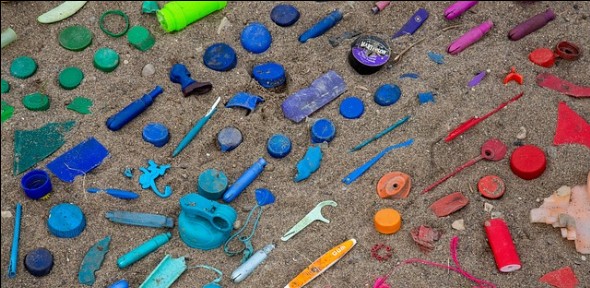
As Arjun Appadurai argued in The Social Life of Things (1988) the meaning that people attribute to things partly derives from how those things are circulated, represented and deployed. In this interdisciplinary workshop we will discuss the social and cultural embeddedness of plastics in daily life and the human and non-human entanglements that they entail.
Plastics can be extremely useful, light-weight, durable, cheap, hygienic and often visually attractive materials for storing a range of commodities as well as constituting key materials in sectors such as agriculture, construction, and health. Around 8.3 billion tonnes of plastic have been produced since the 1950s, a figure that is due to quadruple by 2050, according to the Ellen McArthur Foundation. At the same time, there is growing awareness and concern about the tons of plastic waste that are dumped into the environment and often enter the food chain. Only 14% of plastic is currently recycled. In this sense, plastic is not clean at all and its durability causes problems at a range of scales. Grabbing a take-away packed up in plastic is convenient, but sorting out such waste can be time-consuming and still might end up contaminating environments. Consequently, the use of plastic creates conflicting notions of cleanliness, convenience, economy and propriety for households and consumers, communities and cultures.
This workshop will explore the social life of plastic and seeks contributions from a range of disciplines including but not limited to anthropology, sociology, area studies, STS, history, economics, linguistics and geography. Of particular interest are the entanglements between humans and non-humans that plastics bring about; the problematisation of plastics in the public sphere; pollution, contamination and toxicity; citizen science; and the enrolment of plastics in circular and ethical economies.
The workshop will:
a) help us to understand and contribute to current debates on plastic and plastic waste in the humanities and social sciences
b) connect an international network of academics working in this field
c) explore, in a comparative lens, the social and cultural embeddedness of plastic in our daily lives
d) explore innovative and equitable ways of dealing and living with plastics nationally and internationally, on land and at sea
We aim to publish selected papers from this workshop as a special journal issue.
The workshop is organised by the research project group: ‘Cleanliness, Convenience and Propriety: Plastic and Waste in Consumer Societies’, Dr Patrick O’Hare, Dr Teresa Perez and Dr Brigitte Steger (PI). It is part of the UKRI funded Cambridge Centre for Circular Economy Approaches to Eliminate Plastic Waste, see: https://www.ames.cam.ac.uk/research/project/cleanliness-convenience-and-propriety-plastic-and-waste-consumer-societies
Key dates
Deadline for paper submission extended to: 17 July 2019
Workshop: 7-8 November 2019
If you would like to submit a paper please send a 300 word abstract by 17 July 2019 to Brigitte Steger (bs382@cam.ac.uk).
For questions, please contact: Brigitte Steger (bs382@cam.ac.uk), Patrick O’Hare (po260@cam.ac.uk) or Teresa Perez (tp475@cam.ac.uk).

